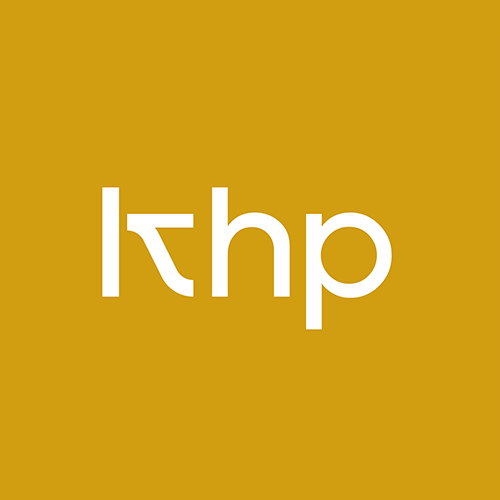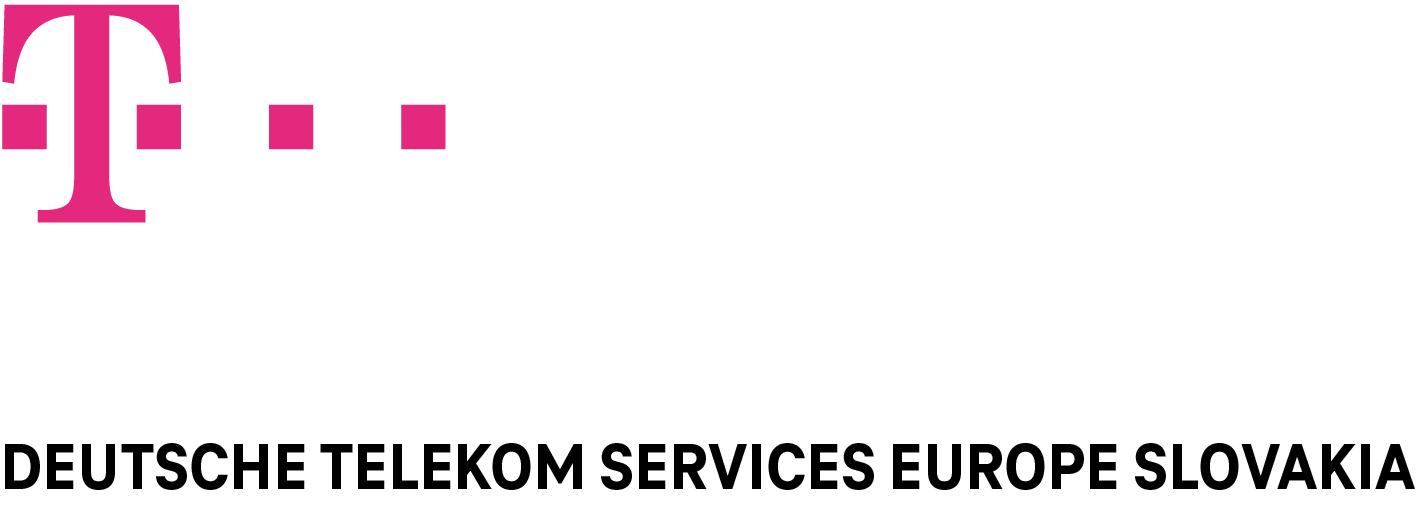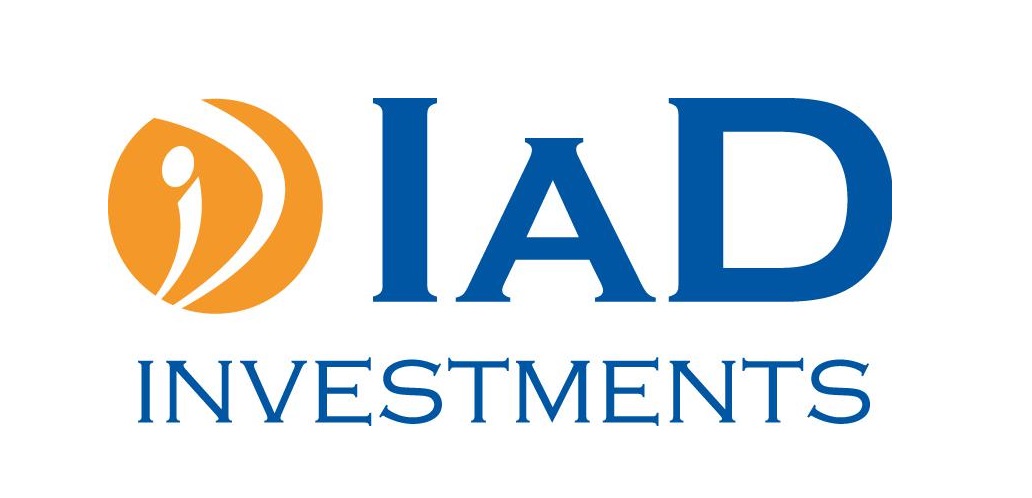Abstract
Usually, health policy makers face a trade-off between benefits and costs from healthcare markets regulation and deregulation. We argue that these markets and policy reforms should not be studied in isolation as the effects from regulation in one market spillover to other markets. In particular, we study entry decisions and strategic interactions between general practitioners, pediatricians, and pharmacies. We show that a better regulation and accessibility of one profession allow policy makers to relax spatial restrictions and regulations of other healthcare professionals. We document that these spillover effects could be sizeable as the entry thresholds for pharmacies to enter the market decrease by 70 % with the presence of a general practitioner. Our counterfactual analysis suggests that a better coverage of GPs would improve spatial accessibility of pharmaceutical services and lead to an entry of new pharmacies in currently unattractive markets, mostly in rural areas.












